
Find A Professional
More Items From Ergsy search
-

What is a hip replacement?
Relevance: 100%
-

Can both hips be replaced at the same time?
Relevance: 77%
-

What is minimally invasive hip replacement surgery?
Relevance: 70%
-
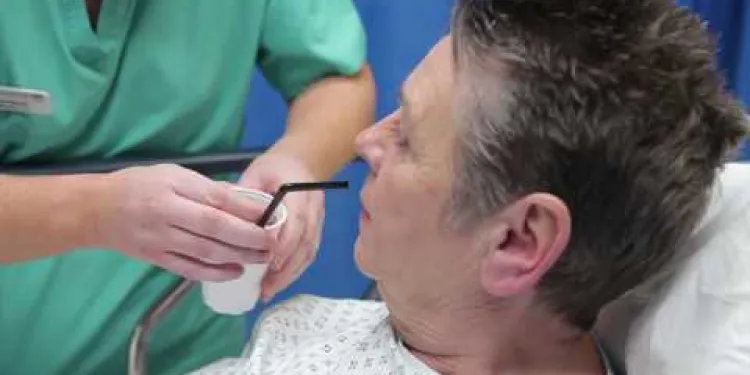
Hip replacement
Relevance: 70%
-

Do I need a Hip Replacement?
Relevance: 65%
-
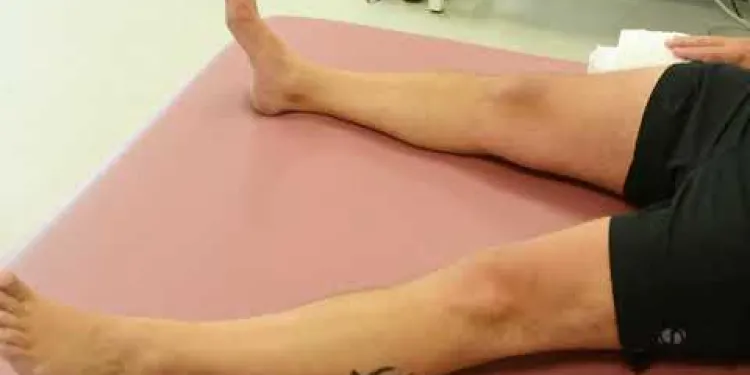
Joint School - Hip Exercises
Relevance: 64%
-

Total Hip Replacement
Relevance: 60%
-

Total hip replacement
Relevance: 59%
-

How long does a hip replacement surgery take?
Relevance: 56%
-

What are the risks associated with hip replacement surgery?
Relevance: 54%
-

Total hip replacement at Northumbria Healthcare
Relevance: 52%
-

Osteoarthritis of the Hip
Relevance: 51%
-
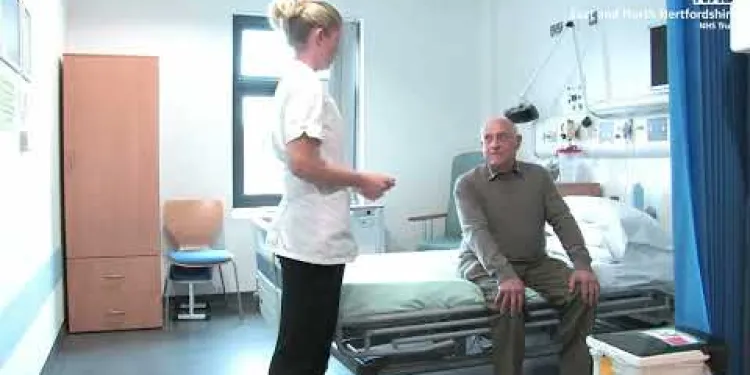
A journey to hip surgery
Relevance: 50%
-

How much does hip replacement surgery cost in the UK?
Relevance: 50%
-

Is it normal to feel sad in a relationship sometimes?
Relevance: 49%
-

What British Council Scholarships/Bursaries may be available to help me with the education costs of my child?
Relevance: 49%
-

What is the recovery time for a hip replacement?
Relevance: 48%
-

Knee replacement
Relevance: 48%
-
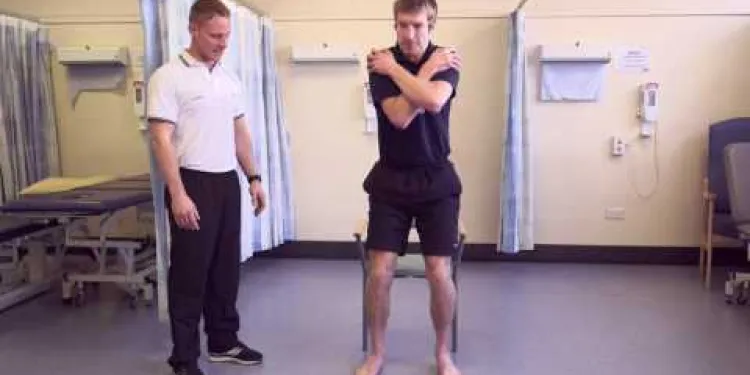
Exercises to help your lateral hip pain
Relevance: 48%
-

Can relationship problems be resolved to improve mental health?
Relevance: 48%
-

Will I need physical therapy after a hip replacement?
Relevance: 48%
-

Are there different types of hip implants?
Relevance: 47%
-
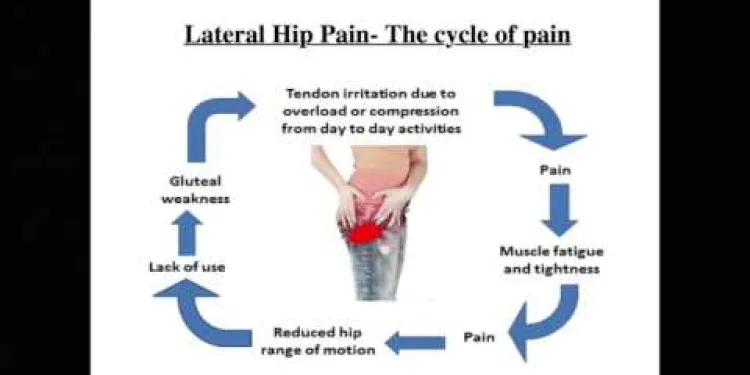
Advice - How to manage your lateral hip pain
Relevance: 46%
-

Can ending a toxic relationship improve my mental health?
Relevance: 45%
-

Is it better to stay in a relationship for the sake of not being alone?
Relevance: 44%
-

What are the benefits of relationship counselling?
Relevance: 44%
-

How important is physical activity in preventing obesity?
Relevance: 44%
-

What type of anaesthesia is used during hip replacement surgery?
Relevance: 43%
-

How can I check recent login activity on my email account?
Relevance: 42%
-

How can a relationship contribute to depression?
Relevance: 41%
-

Are there any self-care strategies to cope with relationship-induced depression?
Relevance: 41%
-

Osteoarthritis of the Hip
Relevance: 40%
-

Can physical symptoms be linked to relationship-induced depression?
Relevance: 39%
-

Staying Active: National Health Campaigns Promoting Physical Well-being
Relevance: 39%
-

What are the signs that my relationship is making me depressed?
Relevance: 39%
-

7 Signs Your Relationship is Making You Depressed
Relevance: 39%
-

Does the National Trust offer internships?
Relevance: 39%
-

Can SEND children access extracurricular activities?
Relevance: 38%
-

The Benefits of Family Activities
Relevance: 38%
-

Will I be able to return to normal activities after hip replacement?
Relevance: 35%
Returning to Normal Activities After Hip Replacement
Undergoing a hip replacement is a significant medical procedure that many people in the UK face each year. It involves replacing a damaged hip joint with an artificial one, aiming to relieve pain and restore function. A common question among patients considering or recovering from this surgery is whether they will be able to return to their normal activities afterwards.
Recovery Timeline
The recovery process following a hip replacement differs for each individual, taking into account factors such as age, general health, and the type of surgery performed. Typically, patients can expect to spend a few days in the hospital post-surgery. During this time, the medical team will monitor your progress and begin your rehabilitation with physiotherapy.
After discharge, the initial recovery can take six to twelve weeks. Most people can expect to return to daily activities, such as walking unaided and climbing stairs, within this period. However, it’s important to follow your surgeon’s advice and guidelines during recovery to optimise outcomes and avoid complications.
Physical Activity and Exercise
Exercise plays a vital role in the recovery process. Following your surgeon or physiotherapist’s recommendations for exercises to strengthen the hip and surrounding muscles will facilitate a smoother return to daily life. Initially, low-impact exercises such as walking, swimming, or cycling on a stationary bike are encouraged.
While returning to sports and physical activities is possible, it may require a cautious and gradual approach. Activities that place a high impact on the joints, such as running or jumping, might need to be avoided or adapted to reduce the risk of wear on the new joint.
Driving and Work
If you drive, you can typically return to this activity within six to eight weeks after surgery, provided you can perform an emergency stop comfortably and are no longer reliant on strong pain medications. It is advisable to check with your healthcare provider and car insurance company to ensure compliance with any specific requirements.
Returning to work will depend on the type of job you do. If your work is sedentary, you could return after six weeks. However, if your job involves heavy physical activity, your surgeon may recommend a longer period of recovery before resuming work.
Conclusion
Returning to normal activities after a hip replacement is attainable for most patients in the UK. With appropriate post-surgery rehabilitation and adherence to medical advice, you can regain much of the mobility and quality of life that was affected pre-surgery. Remember to have open communication with your healthcare provider throughout your recovery to address any concerns or questions you may have.
Going Back to Normal After Hip Replacement
Having a hip replacement is a big surgery that many people need each year in the UK. This surgery gives you a new hip. It helps take away pain and makes it easier to move. People often ask if they can do their regular things after surgery.
Getting Better
How fast you get better after hip replacement can be different for each person. It depends on your age, how healthy you are, and the kind of surgery you had. Usually, people stay in the hospital for a few days after the surgery. Doctors and nurses will help you get better, and you'll start physiotherapy exercises.
When you leave the hospital, getting better can take six to twelve weeks. Most people can walk without help and go up stairs during this time. It is very important to listen to your doctor and follow their advice so you can get better without problems.
Exercise and Moving Around
Exercise is very important after hip surgery. Your doctor or physiotherapist will tell you which exercises to do. These exercises help to make your hip and the muscles around it strong. This makes it easier for you to do daily activities again. At first, you can do gentle exercises like walking, swimming, or cycling on a stationary bike.
You can go back to sports and other activities, but you have to be careful. Activities like running or jumping can be hard on your new hip. You might need to change how you do them to keep your hip safe.
Driving and Work
If you drive, you can usually start driving again six to eight weeks after your surgery. But you must be able to stop quickly and not need strong pain medicine. Check with your doctor and car insurance to make sure it's okay.
When you can go back to work depends on your job. If you sit at work, you might go back after six weeks. But if your job is hard on your body, you might need more time before you can work again.
Ending
Most people in the UK can go back to normal life after hip replacement. By doing the right exercises and following your doctor's advice, you can move better and feel less pain. Talk to your doctor if you have any questions or worries while you're getting better.
Frequently Asked Questions
Useful Links
- Ergsy carfully checks the information in the videos we provide here.
- Videos shown by Youtube after a video has completed, have NOT been reviewed by ERGSY.
- To view, click the arrow in centre of video.
- Most of the videos you find here will have subtitles and/or closed captions available.
- You may need to turn these on, and choose your preferred language.
- Go to the video you'd like to watch.
- If closed captions (CC) are available, settings will be visible on the bottom right of the video player.
- To turn on Captions, click settings .
- To turn off Captions, click settings again.
More Items From Ergsy search
-

What is a hip replacement?
Relevance: 100%
-

Can both hips be replaced at the same time?
Relevance: 77%
-

What is minimally invasive hip replacement surgery?
Relevance: 70%
-

Hip replacement
Relevance: 70%
-

Do I need a Hip Replacement?
Relevance: 65%
-

Joint School - Hip Exercises
Relevance: 64%
-

Total Hip Replacement
Relevance: 60%
-

Total hip replacement
Relevance: 59%
-

How long does a hip replacement surgery take?
Relevance: 56%
-

What are the risks associated with hip replacement surgery?
Relevance: 54%
-

Total hip replacement at Northumbria Healthcare
Relevance: 52%
-

Osteoarthritis of the Hip
Relevance: 51%
-

A journey to hip surgery
Relevance: 50%
-

How much does hip replacement surgery cost in the UK?
Relevance: 50%
-

Is it normal to feel sad in a relationship sometimes?
Relevance: 49%
-

What British Council Scholarships/Bursaries may be available to help me with the education costs of my child?
Relevance: 49%
-

What is the recovery time for a hip replacement?
Relevance: 48%
-

Knee replacement
Relevance: 48%
-

Exercises to help your lateral hip pain
Relevance: 48%
-

Can relationship problems be resolved to improve mental health?
Relevance: 48%
-

Will I need physical therapy after a hip replacement?
Relevance: 48%
-

Are there different types of hip implants?
Relevance: 47%
-

Advice - How to manage your lateral hip pain
Relevance: 46%
-

Can ending a toxic relationship improve my mental health?
Relevance: 45%
-

Is it better to stay in a relationship for the sake of not being alone?
Relevance: 44%
-

What are the benefits of relationship counselling?
Relevance: 44%
-

How important is physical activity in preventing obesity?
Relevance: 44%
-

What type of anaesthesia is used during hip replacement surgery?
Relevance: 43%
-

How can I check recent login activity on my email account?
Relevance: 42%
-

How can a relationship contribute to depression?
Relevance: 41%
-

Are there any self-care strategies to cope with relationship-induced depression?
Relevance: 41%
-

Osteoarthritis of the Hip
Relevance: 40%
-

Can physical symptoms be linked to relationship-induced depression?
Relevance: 39%
-

Staying Active: National Health Campaigns Promoting Physical Well-being
Relevance: 39%
-

What are the signs that my relationship is making me depressed?
Relevance: 39%
-

7 Signs Your Relationship is Making You Depressed
Relevance: 39%
-

Does the National Trust offer internships?
Relevance: 39%
-

Can SEND children access extracurricular activities?
Relevance: 38%
-

The Benefits of Family Activities
Relevance: 38%
-

Will I be able to return to normal activities after hip replacement?
Relevance: 35%